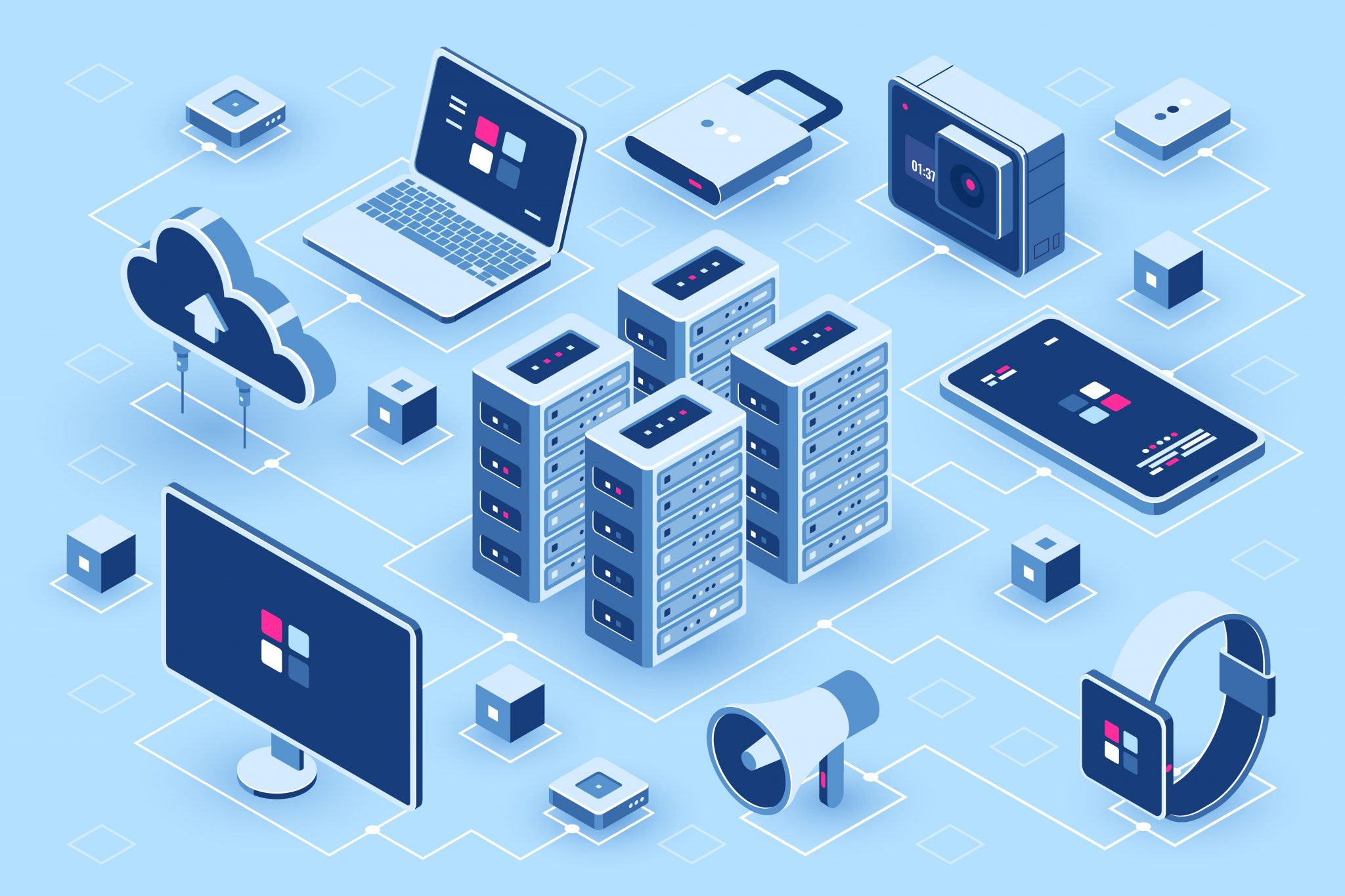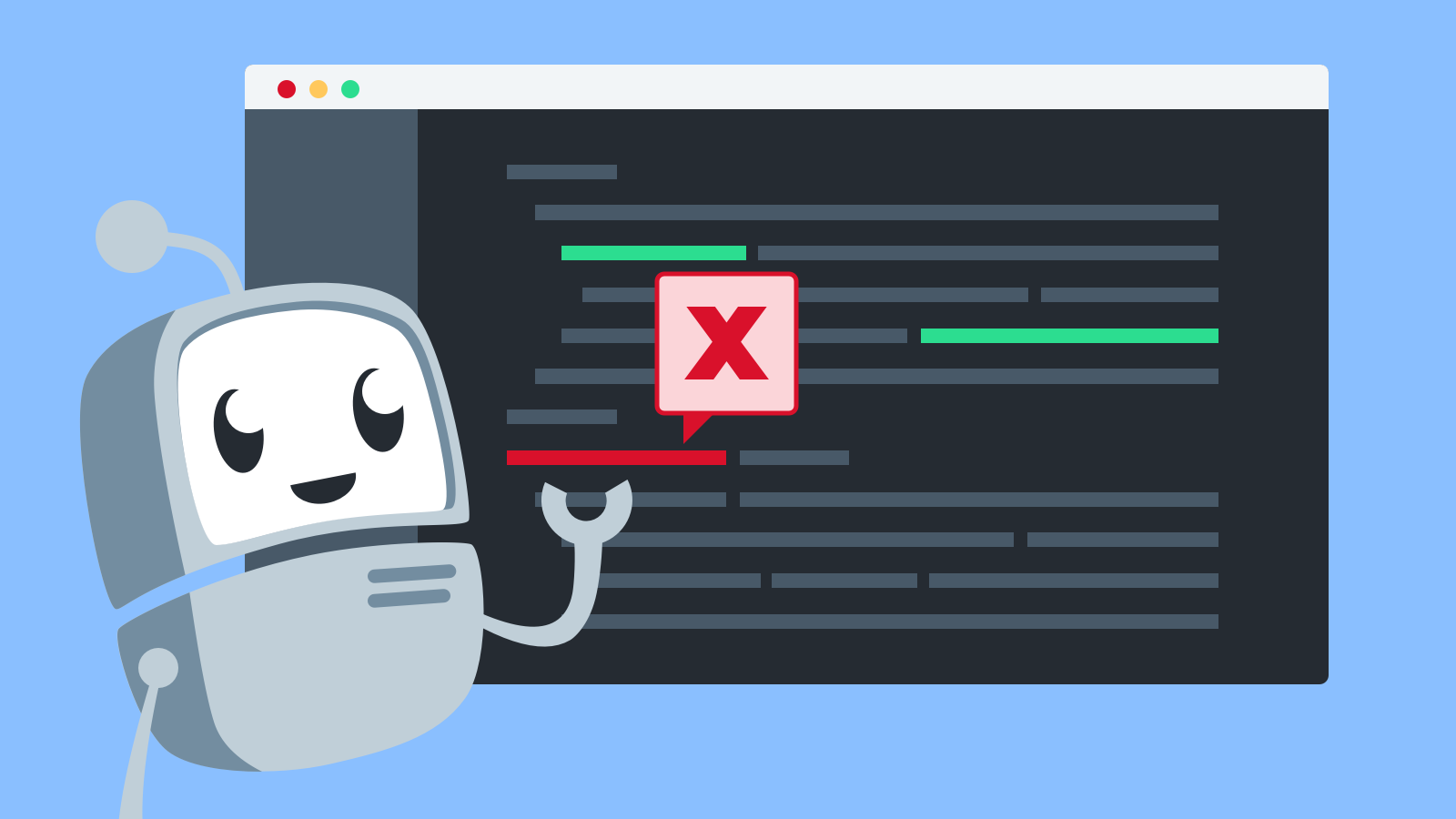Golang offers several key features and advantages that set it apart from other programming languages. Here are some of the notable ones:
1. Simplicity: Go has a simple and readable syntax with a minimalistic approach. It avoids unnecessary complexity, making it easier for developers to write, read, and maintain code. The language provides a small set of orthogonal features, reducing the learning curve and making it approachable for new developers.
2. Concurrency: Go has built-in support for concurrency with goroutines and channels. Goroutines are lightweight concurrent units of execution, allowing developers to easily create and manage thousands of concurrent tasks. Channels provide a safe and efficient means of communication and synchronization between goroutines, enabling effective coordination in concurrent programs.
3. Efficient execution: Go compiles directly to machine code, resulting in high-performance executables. It includes an efficient garbage collector that handles memory management, freeing developers from manual memory allocation and deallocation. Go’s runtime also provides efficient goroutine scheduling, enabling efficient utilization of system resources.
4. Strong standard library: Go comes with a comprehensive standard library that covers a wide range of functionalities, including networking, file I/O, cryptography, and more. The standard library is well-documented, stable, and maintained by the Go team, which reduces the need for external dependencies and simplifies the development process.
5. Static typing and type safety: Go is statically typed, meaning that variable types are checked at compile-time. This helps catch errors early in the development process, reducing the likelihood of runtime errors. Go’s type system also enables efficient memory allocation and improves performance.
6. Cross-platform compatibility: Go supports cross-platform development, allowing developers to write code once and run it on different operating systems without any modifications. This makes it easier to develop applications that can be deployed on various platforms.
7. Fast compilation: Go has a fast compilation speed, enabling quick iterations during development. This is particularly beneficial for large codebases and projects where frequent changes and builds are required.
8. Community and ecosystem: Go has a growing and active community of developers who contribute to the language and build a rich ecosystem of libraries, frameworks, and tools. The official Go website provides extensive documentation and resources, and the community-driven package manager, called “go modules,” makes it convenient to manage dependencies.
9. Scalability and performance: Go is designed to handle large-scale systems efficiently. Its concurrency primitives, efficient memory management, and performance optimizations make it suitable for building scalable and high-performance applications.
10. Easy deployment: Go programs can be compiled into a single statically linked executable, which makes deployment straightforward. There are no runtime dependencies, eliminating the need to install language-specific runtimes on production systems.
Overall, Go’s combination of simplicity, concurrency support, efficient execution, strong standard library, and cross-platform compatibility make it an attractive choice for building robust and scalable software systems.


















